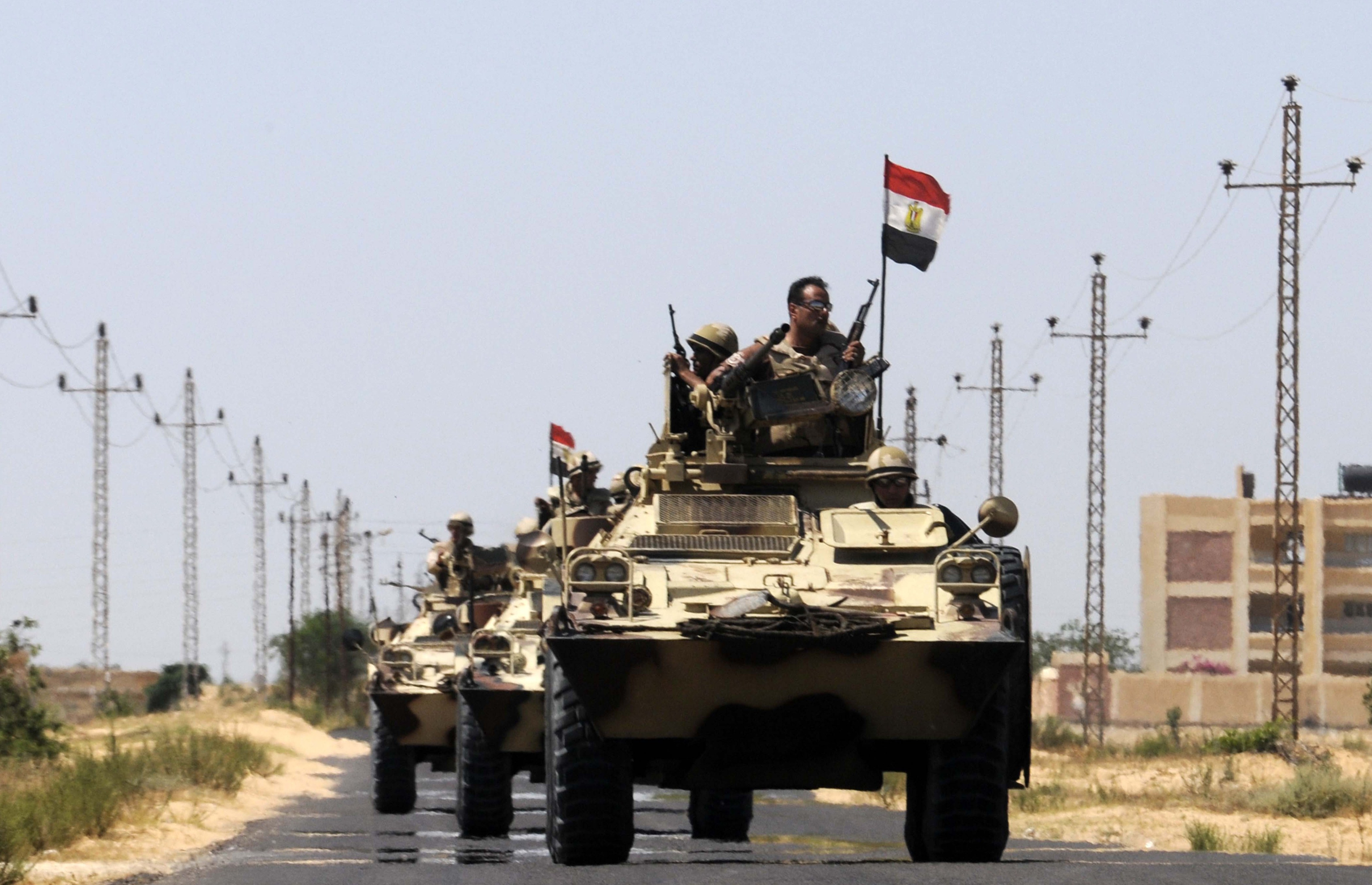Since the 2001 attacks on the United States, Britain has passed a series of laws that some Muslims feel unfairly target them, and human rights groups condemn as repressive.
A new television drama to be aired this week in part blames such laws for motivating a fictional British female suicide bomber in a hard-hitting attempt to portray the causes for Islamist extremism.
Britz , to be shown on Channel 4 television, follows two young British Muslims, brother and sister Sohail and Nasima, as they are pulled in radically different directions by their experiences in post-9/11 Britain.
Sohail, an ambitious law student who is comfortable with his identity as a second-generation British Pakistani, joins Britain s domestic security service MI5 and is involved in spying on extremist cells.
Medical student Nasima is a political activist, demonstrating against British involvement in Iraq and Afghanistan and former prime minister Tony Blair s close allegiance with US President George W. Bush.
But when one of her friends is made subject to a control order – and she is arrested under separate legislation for trying to get her free – she is driven towards extremism and eventually a suicide bomb attempt in London.
Writer-director Peter Kosminsky told reporters at a screening of the drama last week that he expects it to be controversial in much the same way as his previous work, The Government Inspector , caused a furore within government.
The Government Inspector dramatized the events leading up to the death of scientist David Kelly after he was named as the source for a BBC report that the government exaggerated claims of Iraq s weapons of mass destruction.
In Britz – to be broadcast Tuesday – he said he was seeking to reflect the anger and frustrations of young British Muslims as well as explain the motivations for radicalization.
Kosminsky insisted he was not glorifying or justifying Nasima s actions but was instead calling for understanding about why she – and others – took such a radical step.
You don t do a service to the victims or survivors of 7/7 (the July 7, 2005 suicide attacks in London) or their relatives or the many hundreds who were injured by depicting their fellow Britons as insane or demented, he added.
They were clearly not. You might disagree with them but they weren t insane.
On the legislation, he said: I think it s profoundly disturbing and worrying. The laws that we have been passing to make us safer may possibly be having the opposite effect.
Control orders – a form of house arrest for suspects who have not been charged – are a truly scary piece of legislation, something which has no place in a democratic society , he said.
It was always part of the intention to let one or more of the characters fall foul of that legislation so that provides their explanation, he added. Civil liberties group Liberty acted as advisers to the film.
Our aim is to get to a better understanding of legislation that was passed in our name.
Before Nasima heads to end her life and those of dozens of others she is told she will soon sit at God s right hand . But she replies: That s not why I m doing it.
Kosminsky says taking religion as a motivating factor for extremism out of the equation was deliberate as their interviews with young Muslims suggested politics, particularly British foreign policy, was the source of disaffection. That is driven home with references to Mohammed Sidique Khan, ringleader of the 2005 attacks in London that killed 56 people, including the four suicide bombers, and a failed plot to detonate a fertilizer bomb in central London.
In a posthumous video message, Khan said British foreign policy in Iraq, Afghanistan and the Middle East was to blame for the attacks. A subsequent report by Muslims groups said the same thing.
But the government has repeatedly, often angrily, denied that there is a direct link.
Casual racism on the part of the police is also thrown into the mix. At one point police threaten to force Nasima to eat a ham sandwich – an event Kosminsky said is based on testimony from a lawyer.
On Friday, The Prison Service said that some 200 Muslim inmates at Leeds prison in northern England were offered ham sandwiches during the holy month of Ramadan, but the mistake was quickly corrected. AFP

